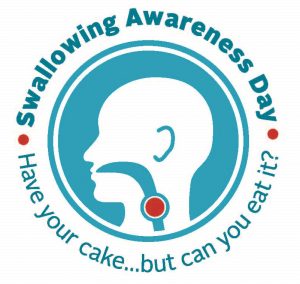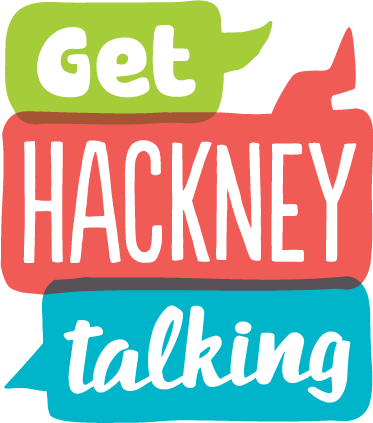 Like breathing, swallowing is essential to everyday life. Humans swallow at least 900 times a day, around three times an hour during sleep, once per minute while awake and even more during meals. Swallowing problems can occur at any stage of life and one in 17 people will experience some form of dysphagia in their life. Dysphagia is the medical term for swallowing and can include any problem with sucking, swallowing, drinking, chewing, eating, controlling saliva, taking medication, or protecting the lungs from food and drink ‘going the wrong way’.
Like breathing, swallowing is essential to everyday life. Humans swallow at least 900 times a day, around three times an hour during sleep, once per minute while awake and even more during meals. Swallowing problems can occur at any stage of life and one in 17 people will experience some form of dysphagia in their life. Dysphagia is the medical term for swallowing and can include any problem with sucking, swallowing, drinking, chewing, eating, controlling saliva, taking medication, or protecting the lungs from food and drink ‘going the wrong way’.
Swallowing Awareness Day is happening on the 14th of March and is an opportunity to bring attention to swallowing disorders and to connect people with speech and language therapists, who are one of the professionals who can support.
For some children or adults swallowing difficulties may mean they need changes like a modified diet (with softer foods and thicker drinks), have difficulty feeding themselves, or find it hard to get the nutrition they need through their mouth.
Mealtimes are such an important part of our day so what are they like for a child or person with dysphagia? Have a go at these activities at home and you can start to have an idea of the impact.
- Allow yourself to be fed by a family member or partner rather than feeding yourself. How did it feel not to be in control?
- Challenge yourself to eating only puree foods all day! What was the texture like for you?
- Try and swallow a marshmallow with your mouth open. Was it possible?
- Let someone else brush your teeth. How did it feel to have someone else in your mouth?
- Try and eat a biscuit whilst your head is tilted back (facing the roof), then facing to the left, right, and finally straight and looking ahead. What was the easiest position?
Tweet or post your feedback to @hackneytalk or #swallowaware2018
Witten by Aria May, Highly Specialist Speech and Language Therapist


